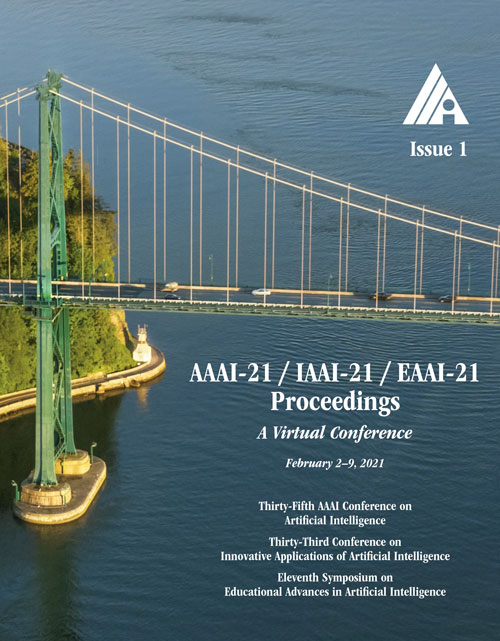The Causal Learning of Retail Delinquency
DOI:
https://doi.org/10.1609/aaai.v35i1.16094Keywords:
Economic/Financial, Business/Marketing/Advertising/E-commerce, Causal LearningAbstract
This paper focuses on the expected difference in borrower's repayment when there is a change in the lender's credit decisions. Classical estimators overlook the confounding effects and hence the estimation error can be magnificent. As such, we propose another approach to construct the estimators such that the error can be greatly reduced. The proposed estimators are shown to be unbiased, consistent, and robust through a combination of theoretical analysis and numerical testing. Moreover, we compare the power of estimating the causal quantities between the classical estimators and the proposed estimators. The comparison is tested across a wide range of models, including linear regression models, tree-based models, and neural network-based models, under different simulated datasets that exhibit different levels of causality, different degrees of nonlinearity, and different distributional properties. Most importantly, we apply our approaches to a large observational dataset provided by a global technology firm that operates in both the e-commerce and the lending business. We find that the relative reduction of estimation error is strikingly substantial if the causal effects are accounted for correctly.Downloads
Published
2021-05-18
How to Cite
Huang, Y., Leung, C. H., Yan, X., Wu, Q., Peng, N., Wang, D., & Huang, Z. (2021). The Causal Learning of Retail Delinquency. Proceedings of the AAAI Conference on Artificial Intelligence, 35(1), 204-212. https://doi.org/10.1609/aaai.v35i1.16094
Issue
Section
AAAI Technical Track on Application Domains

